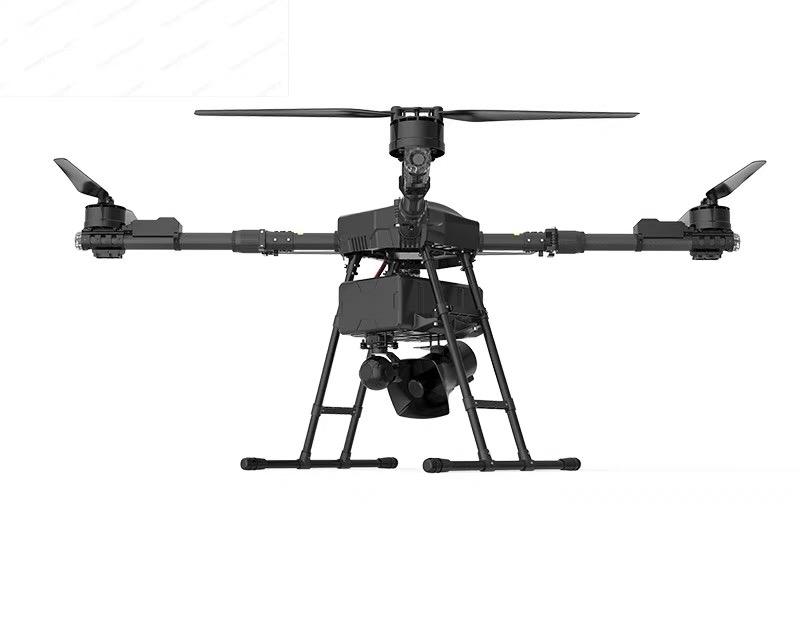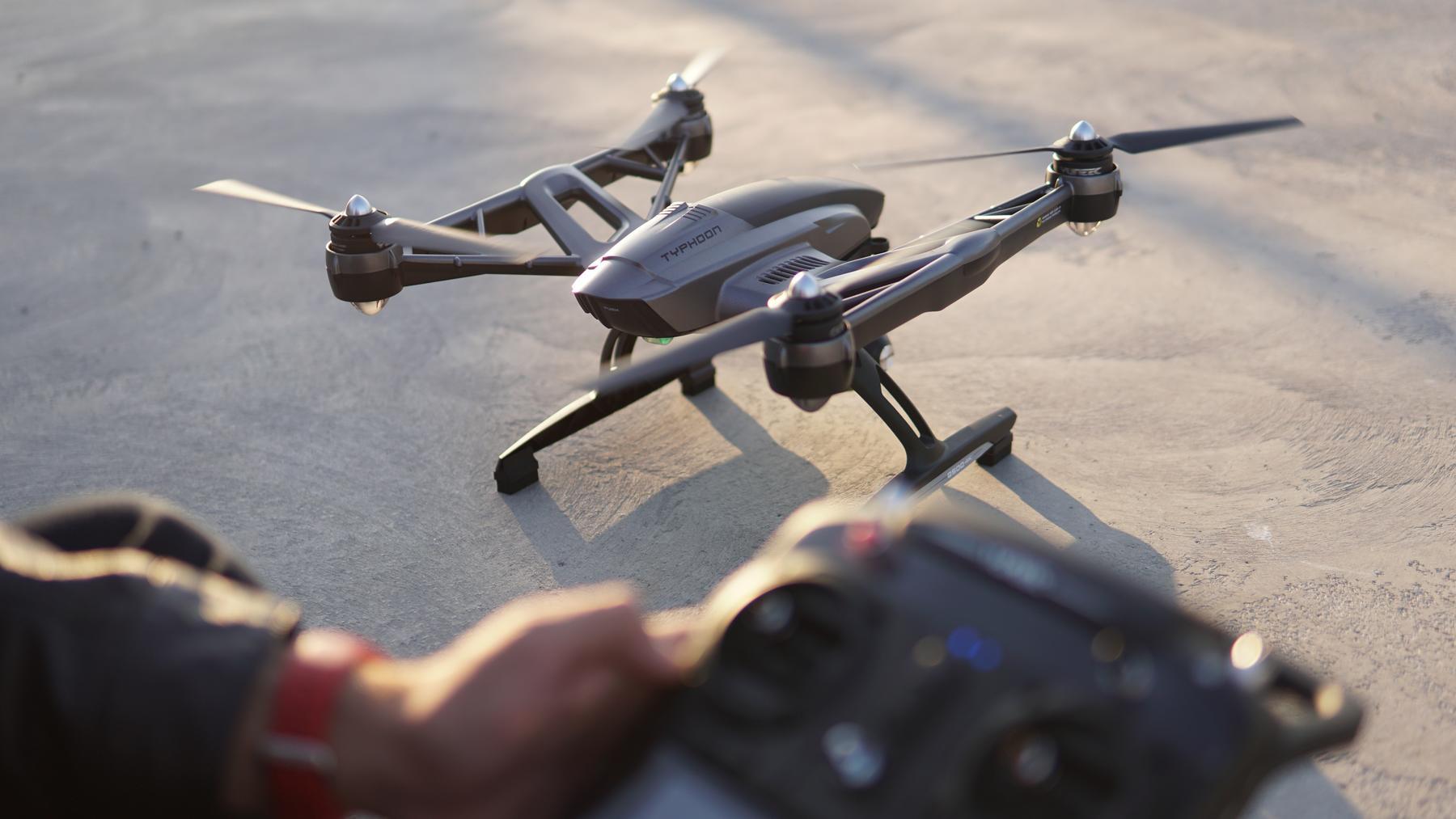One of the key benefits of using sprayer drone technology is the accuracy with which chemicals are distributed over the crops. Traditional methods often lead to uneven application, resulting in wastage and environmental contamination. In contrast, drones can be programmed to target specific areas, ensuring a uniform distribution and reduced chemical usage overall. This precision helps maintain soil health and enhances the sustainability of farming operations.
Efficiency and Productivity Enhancements
Sprayer drones offer a level of efficiency that manual spraying cannot match. They can cover large expanses of land swiftly and require minimal human intervention, which reduces labor costs and time. Additionally, these drones are capable of working in varying weather conditions, providing farmers with a reliable method of maintaining their crops irrespective of external factors. This results in more predictable harvest outcomes and a steadier food supply chain.
Environmental Impact and Sustainability
A major concern in agriculture is the environmental impact of chemical usage. Sprayer drones help mitigate this by allowing for more controlled applications, thus preventing excess runoff into nearby water sources and reducing harmful residues in the soil. This technology promotes a more eco-friendly approach to farming, aligning with global trends towards sustainability.
Furthermore, the use of drones for spraying reduces the risk to farm workers, who would traditionally be exposed to hazardous chemicals during manual spraying operations. By using drones, agricultural operations can improve worker safety while complying with health and safety regulations.
Adapting to Technological Changes
The integration of sprayer drones into farming practices requires some adaptation, including training farmers to operate and maintain these devices effectively. However, the learning curve is often short, with users becoming proficient relatively quickly, and the benefits far outweigh the initial investment in time and resources.

Common Questions
How do sprayer drones impact the cost of farming?
By reducing the need for manual labor and providing more effective chemical applications, sprayer drones can significantly lower operational costs over time.
Are there any limitations to using sprayer drones?
Weather conditions such as strong winds can affect drone operations. Additionally, regulatory restrictions in certain areas may limit their usage.
What is the future of sprayer drone technology?
The future looks promising with advancements in AI and machine learning, enhancing drone capabilities for even more precise and efficient farming solutions.
